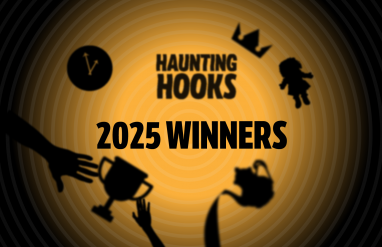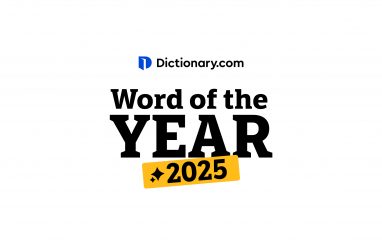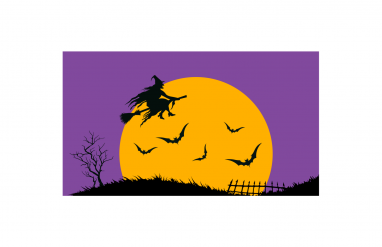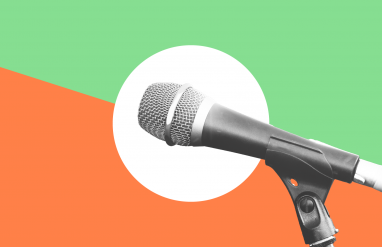Flair and flare have the same exact pronunciation, but they have completely different meanings. One is commonly used in the context of fire, while the other has to do with talent or stylishness.
In this article, we’ll explain the difference between flair and flare and provide some example sentences to show how they’re typically used.
⚡ Quick summary
Flair is only ever used as an abstract noun—it can mean “a talent” (as in a flair for poetry) or “stylishness or elegance” (as in I want a dress with a little more flair). Flare has many different meanings. It can be a verb (most commonly used in the context of unsteady, sudden bursts of fire or meaning “to spread gradually outward,” like the bottom of a skirt or a pant leg) or a noun (most commonly referring to a burst of flame or to a device used to create a bright flame, such as the one used as a signal or the kind used to make an accident scene more visible).
When to use flare or flair
Flair is always a noun. It’s often used to refer to a natural talent or to stylishness, especially in a certain area.
For example:
- Kelly has a real flair for playing guitar.
- The flamboyant magician always dressed with flair.
Remember, flair is only ever used as an abstract noun, meaning it always refers to intangible qualities, as opposed to physical objects. (Unless discussing your “pieces of flair,” of course.)
Flare can be used as a verb or a noun, and each one can have several different meanings. Many of these senses are used in the context of literal or figurative fires or flames.
Read up on homonyms, homophones, and homographs.
As a verb, flare can mean “to burn,” “to blaze,” “to glow,” “to intensify,” “to make a conspicuous display,” or “to spread gradually outward.” As a noun, flare often refers to a burst of flame or light, a metaphorical fiery burst of something, or a device that makes fire or flames (like the one used for signaling or the one placed around the scene of an accident to make it visible).
For example:
- The dazzling comet flared in the night sky.
- The flare of the campfire cast dancing shadows on the cave wall.
- The small spark suddenly flared up into a massive bonfire.
- Police lit some flares so drivers could see the disabled vehicle.
Examples of flair and flare used in a sentence
Let’s finish by looking at some sentences that show the many different ways that flair and flare are commonly used.
- We shielded our eyes from the intense flare of the noonday sun.
- My knee pain always seems to flare up when it rains.
- The wind keeps making the fire flare up.
- She is a Renaissance woman who has a flair for music, art, dancing, and singing.
- I don’t like jeans that flare out at the bottom.
- Attach the final piece to the flare at the base.
- The dancers moved with flair as the fireworks flared above them.










